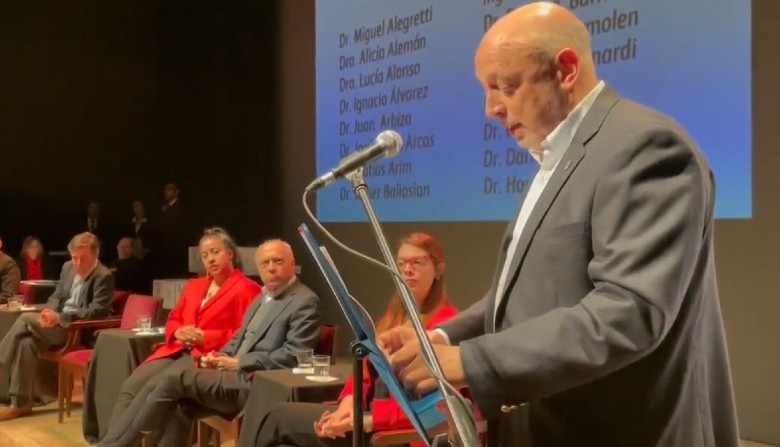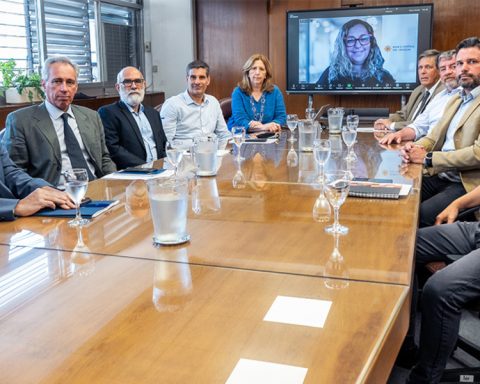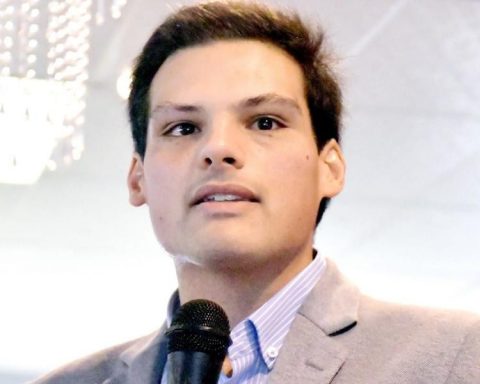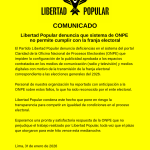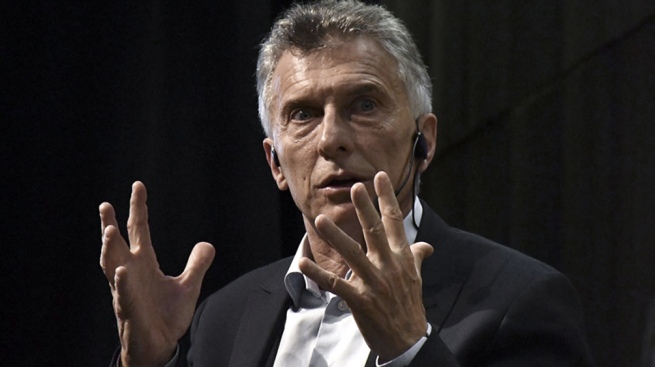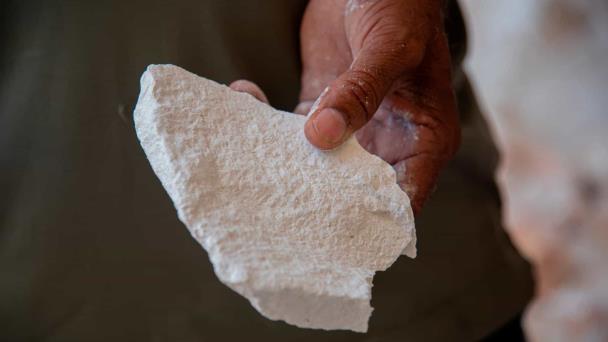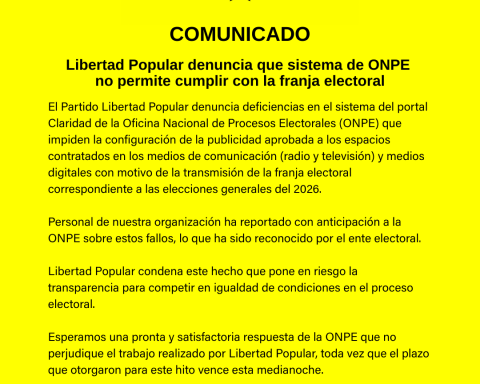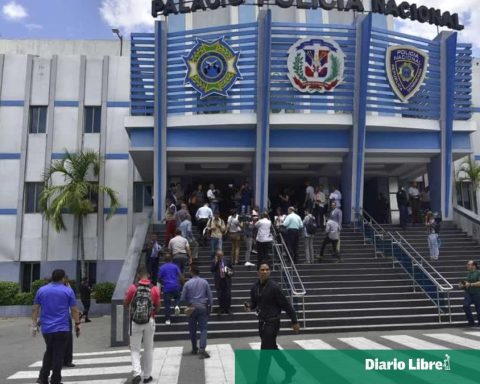A tribute to the Honorary Scientific Advisory Group (GACH) by the Departmental Board of Montevideo was held last night at the Teatro Solís. Scientists Henry Cohen, Fernando Paganini and Rafael Radi were present. This group advised the government during the worst months of the Covid-19 pandemic.
The latter highlighted in his speech that a factor in the success of how the pandemic was faced in Uruguay was “scientific-technical independence, fundamentally including comparison at the international level.” He also noted that “independent and interdisciplinary” scientific groups have been the exception in the trajectories of pandemics worldwide.
Radi said that “when one does a study of around 185 countries, the countries that had a scientific advisory group independent of political power are the minority. This was a requirement and a sine qua non at the beginning of our task. This was honored both by the Presidency of the Republic and by all the rest of the actors in the political system. This is capital to preserve because the pandemic was an issue that affected us all and became independent from party politics.”
He noted that “however, in those countries where there was partisanship, it was worse. That is why the GACH insisted a lot at the public and Parliament level on the need to avoid the partisanship of the pandemic. The fact that the tribute was the subject of a unanimous inter-party vote speaks highly of Uruguay as an integrated society and that when we have to play the most difficult games we can all be together”.
In dialogue with the press, I assure you that “the simplest people, perhaps the furthest from the scientific system” became aware of the importance of supporting science.
“For us, this is fundamental because politics also supports those sectors when society is behind them. The support of society as a whole is becoming something real »she limited.
He also stressed that “the other thing is the increase in scientific vocations. There are many more boys and girls who are writing for scientific careers. This is also good news for the country and now the challenge is to be able to keep these new scientists in Uruguay when they graduate or get their doctorate. These are part of the challenges that the country will have to face in this post-GACH era”,
